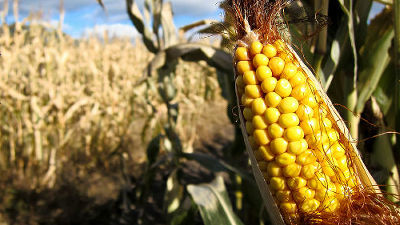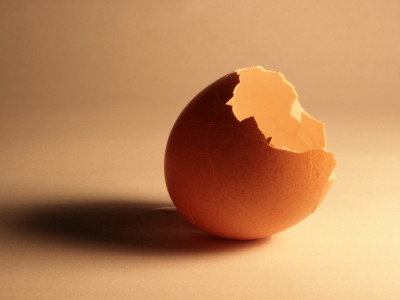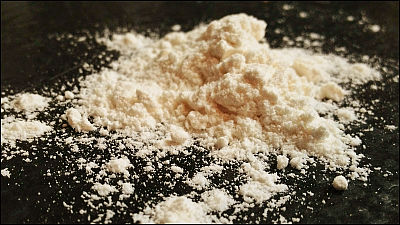What are the benefits of 'insect food', which is attracting attention as a measure against global warming, to agriculture?

In recent years, livestock for meat and dairy products emit a large amount of greenhouse gases, so it has been argued that '
Insect frass and exuviae to promote plant growth and health: Trends in Plant Science
https://www.cell.com/trends/plant-science/fulltext/S1360-1385(22)00007-3
Adding insects to our diet could be even more sustainable than we thought --Scime x
https://www.scimex.org/newsfeed/adding-insects-to-our-diet-could-be-even-more-sustainable-than-we-thought
Eating More Bugs Could Help The Environment Even More Than We Thought
https://www.sciencealert.com/eating-more-bugs-could-help-the-environment-even-more-than-we-thought
One of the advantages of insect food is that it requires significantly less resources to produce protein than livestock. For example, mealworms , which are also cultivated as live food for domestic animals, can obtain about 1 kg of edible protein by feeding about 2 kg of food. If beef were to produce the same amount of protein, it would require about 10 times more food and 10 times more space, and emit 18 times more greenhouse gases. This is because the edible part of beef is only 40% of the total, while the edible part of insects is up to 90%.
In a paper published in March 2022, insect food advocate Dicke discusses 'reuse of waste produced by insects.' By-products of edible insects include ' Exuviae ', which is the exoskeleton that remains when insects molt, and 'Frass', which is a general term for insect stools and unconsumed food. These two by-products have the potential to replace traditional fertilizers and pesticides with new organic soil additives.

In the paper, 'The main component of the insect Exuviae is
Dicke points out that there are microorganisms in the soil that can metabolize chitin, which helps plants become more resilient to diseases and pests. 'When Exuviae is added to the soil, the number of those beneficial microorganisms increases,' he said.
In addition, since Frass contains abundant nitrogen that is indispensable for plant growth, it is possible to promote plant growth by mixing Frass with soil. Generally, nitrogen is often added to the soil in the form of synthetic fertilizer, but adding Frass, which also contains a large amount of biomass, to the soil affects the microbial flora of the soil, so synthetic fertilizer is excellent. Can be an alternative.
The research team also notes that Exuviae may serve as a means of pest control. Beneficial soil microorganisms that metabolize chitin not only promote plant growth, but also alter the physiological functions of plants to promote the production of volatile substances that attract pest predators and pollen mediators, and pathogenic fungi. It is suggested that it may be disassembled.

The research team believes that applying insect by-products to crop cultivation is a new step towards building a recycling-based food system that produces little waste. 'I've eaten crickets, mealworms, locusts, etc. Many people need to get used to eating insects, but I eat many kinds of insects all over the world,' said Dicke. It can be said that it has always been a great meal. '
Related Posts:







